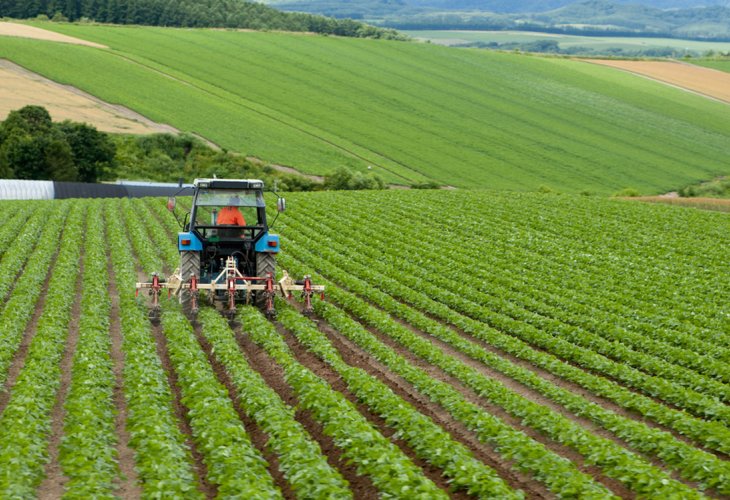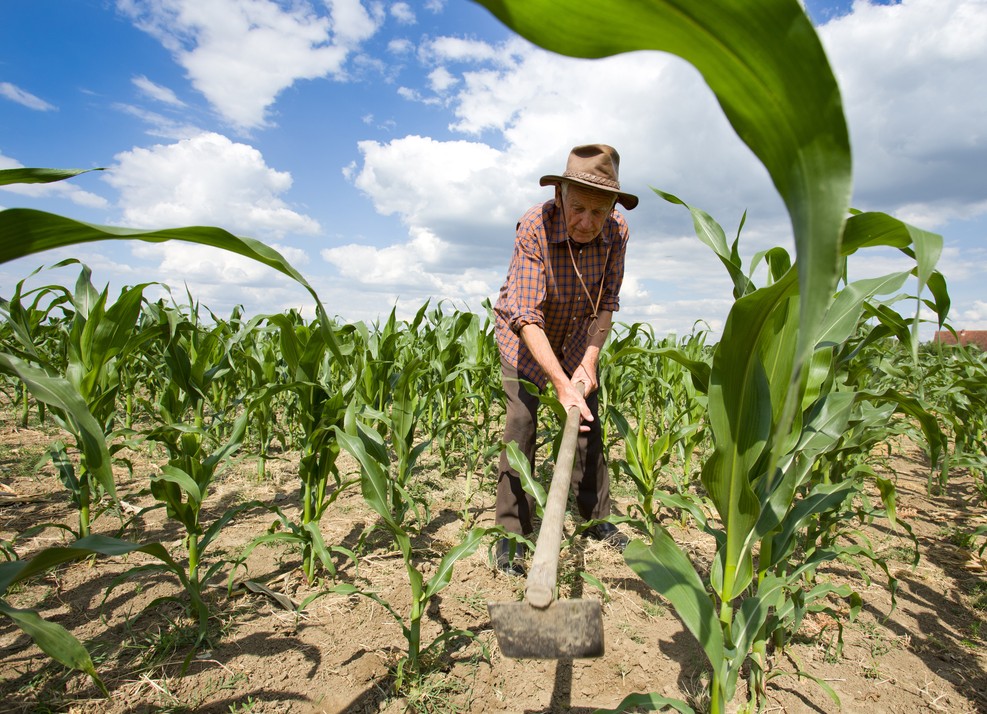Halachic Concepts for the Sabbatical Year
Understanding the key aspects of Shemitah: where the laws apply, prohibited agricultural work, and whether the obligation stems from Torah law or rabbinic decree

Where do the laws of Shemitah apply?
The sabbatical land rest applies by Torah law only in the Land of Israel, as it is written (Leviticus 25:2): "When you come into the land... the land shall observe a Sabbath to Hashem." According to rabbinic law, Shemitah applies to additional places adjacent to the Land of Israel.
What are the boundaries of the Land of Israel and Transjordan?
A. In Parashat Massei (Numbers 34), the Torah details the boundaries of the land, which are called the boundaries of those who left Egypt. With the return of the Babylonian exiles during the Second Temple period, more limited boundaries were established, called the boundaries of those who returned from Babylon.
B. There are different opinions about the exact boundaries. There is no doubt about the central part of the land, but regarding remote areas such as: the Golan Heights, Beit She'an Valley, Western Galilee, Southern Negev, Gaza, the Arava, and more, which are all within the boundaries of those who left Egypt - there are many opinions about which of them are also included in the boundaries of those who returned from Babylon. Therefore, a halachic determination is required for each of them (Shemittat Karka'ot, p. 38).
C. All the commandments of the seventh year, in our times, apply only within the boundaries of those who returned from Babylon. In the territories beyond them, within the boundaries of those who left Egypt, only some of the Shemitah commandments apply, as determined by our Sages.
Shemitah in our times: From the Torah or Rabbinic (Ezra and his court's enactment)?
There is a dispute in the Talmud, in Tractate Moed Katan (2b), whether the commandment of Shemitah in our times, when the Jubilee year is not practiced (because most of the Jewish people are not in their land), is only rabbinic, or whether the Shemitah commandment is still from the Torah even when the Jubilee is not observed.
Rabbi holds – it is rabbinic. The Sages hold – even in our times, the Shemitah commandment is from the Torah.
Most early authorities rule according to Rabbi's opinion, that the Shemitah commandment in our times is rabbinic.
The Shemitah year runs from the 1st of Tishrei until the end of the 29th of Elul.
Tosefet Shevi'it (Extension of the Seventh Year):
It is a law given to Moses at Sinai that when the Temple stands, one must observe the commandment of "Tosefet Shevi'it" - not working the land thirty days before the Shemitah year. The Sages added a prohibition on plowing grain fields from Passover of the sixth year, and orchards from Shavuot of the sixth year. In our times, when unfortunately the Temple is not standing, working the land is forbidden from the 1st of Tishrei, the beginning of the Shemitah year.
Nevertheless, Rabbi Chaim Kanievsky wrote in his book Derech Emunah (Chapter 3 of Shemitah, note 11, based on Tosafot in Moed Katan 4a, s.v. Mah Lehalan) - that on the eve of Rosh Hashanah of the Shemitah year, when one ceases from forbidden labor a little before sunset due to the sanctity of the Rosh Hashanah holiday, one should also have in mind the commandment of Tosefet Shevi'it.
Works Prohibited by Torah Law and Rabbinic Law in the Seventh Year
Labors prohibited by Torah law:
We are commanded by the Torah to rest in the seventh year from the main works of the land and trees (including non-fruit-bearing trees), as it is written (Leviticus 25:2): "The land shall observe a Sabbath to Hashem." And it is said (Exodus 34): "In plowing and in harvesting you shall rest," and it is also said (Leviticus 25:4): "It shall be a year of complete rest for the land." These labors are also forbidden by a negative commandment, therefore one must refrain from these labors in the Shemitah year:
A. Sowing. B. Pruning.
C. Reaping. D. Grape harvesting.
E. Plowing. F. Planting (included in the prohibition of sowing).
The authorities disagree whether plowing and planting are prohibited by Torah law or only by rabbinic law (the Chazon Ish holds that they are prohibited by Torah law).

Labors prohibited by rabbinic law:
The Rabbis prohibited doing the following labors in the seventh year:
A. Derivatives of sowing, such as: Watering, weed control, supporting tree trunks or branches.
B. Derivatives of pruning, such as: Trimming (even a hedge) or mowing grass for the benefit of plants.
C.Derivatives of reaping, such as: Threshing, winnowing, and the like.
D.Derivatives of grape harvesting, such as: Treading grapes and making wine.
E.Derivatives of plowing, such as: Removing stones or weeding.
The Sages prohibited gathering stones from the field, even for building a fence, due to appearances, since there is no visible indication that the intention is to build a fence rather than to prepare the field for sowing.

